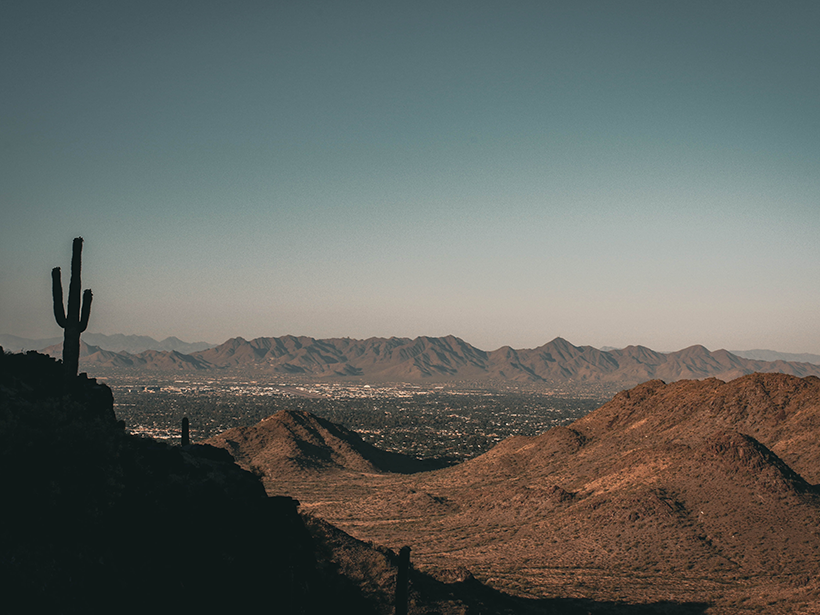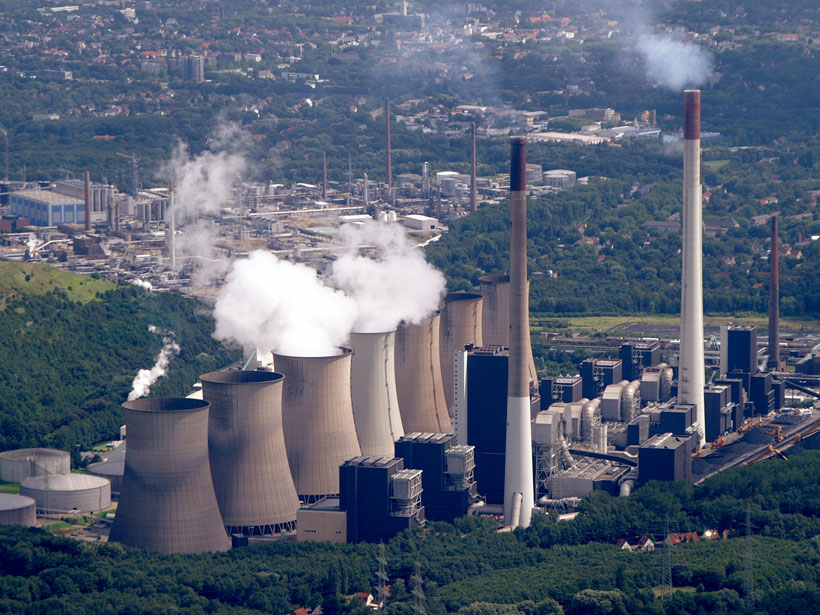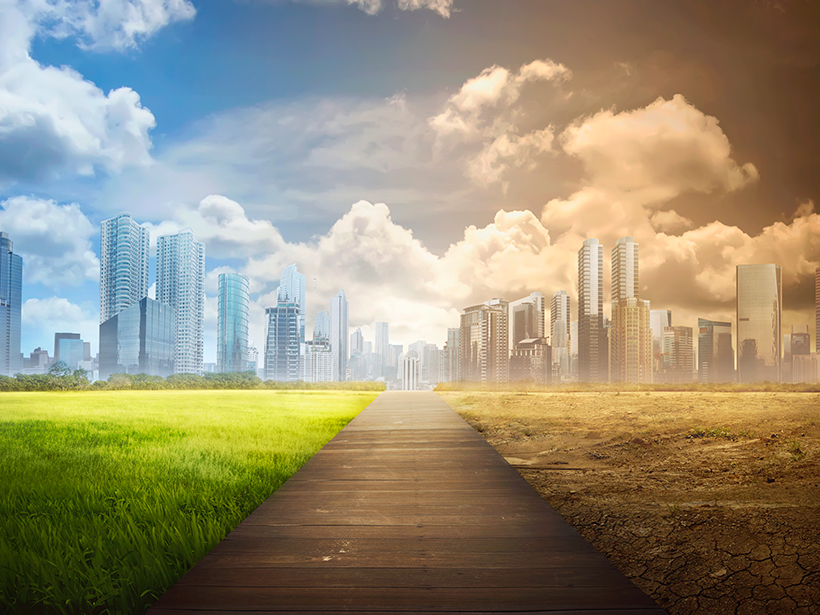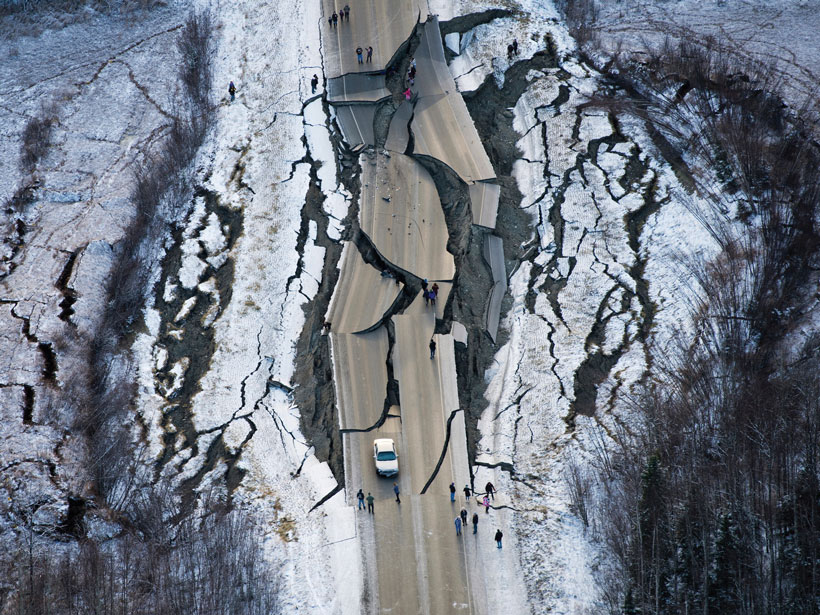An open letter from geoscientists supports a bill to remove racist slurs from federally recognized lakes, creeks, canyons, and other small landforms.
science policy
El debate sobre las proyecciones de emisiones energéticas de las Naciones Unidas
Un nuevo estudio encuentra el factor económico que controla la divergencia entre las trayectorias de las emisiones en las evaluaciones climáticas y la realidad.
New Funding Fortifies Africa’s Great Green Wall
With increased investment and renewed interest, a project to halt land degradation across the Sahel aims to transform the landscape—and people’s lives.
An Observational Gap at the Edge of Space
Ongoing climate change in Earth’s middle and upper atmosphere will affect the rapidly expanding space and telecommunications sectors. Maintaining observations of this region is more crucial than ever.
Development and Climate Change Contribute to a Himalayan Tragedy
Infrastructure projects like roads and dams destabilize slopes and compound the effects of glacial floods and avalanches, scientists say.
The Surprising Source of Greenhouse Gas Emissions
Changing the way emissions are tallied may help litigators focus on the worst climate offenders and shape mitigation.
A Promising Forecast for Predictive Science
A new U.S. Geological Survey report outlines how emerging technologies and cross-disciplinary collaborations are expected to empower new tools for managing hazards and resources.
Using Big Data to Measure Environmental Inclusivity in Cities
Lower-income urban communities bear the brunt of environmental burdens, even in wealthy green cities around the world.
Dangerous Heat, Unequal Consequences
How two neighborhoods in Arizona and Florida became hot spots for sickening heat.
Where Do People Fit into a Global Hazard Model?
By incorporating human systems, scientists are modeling geohazards with equity in mind.










